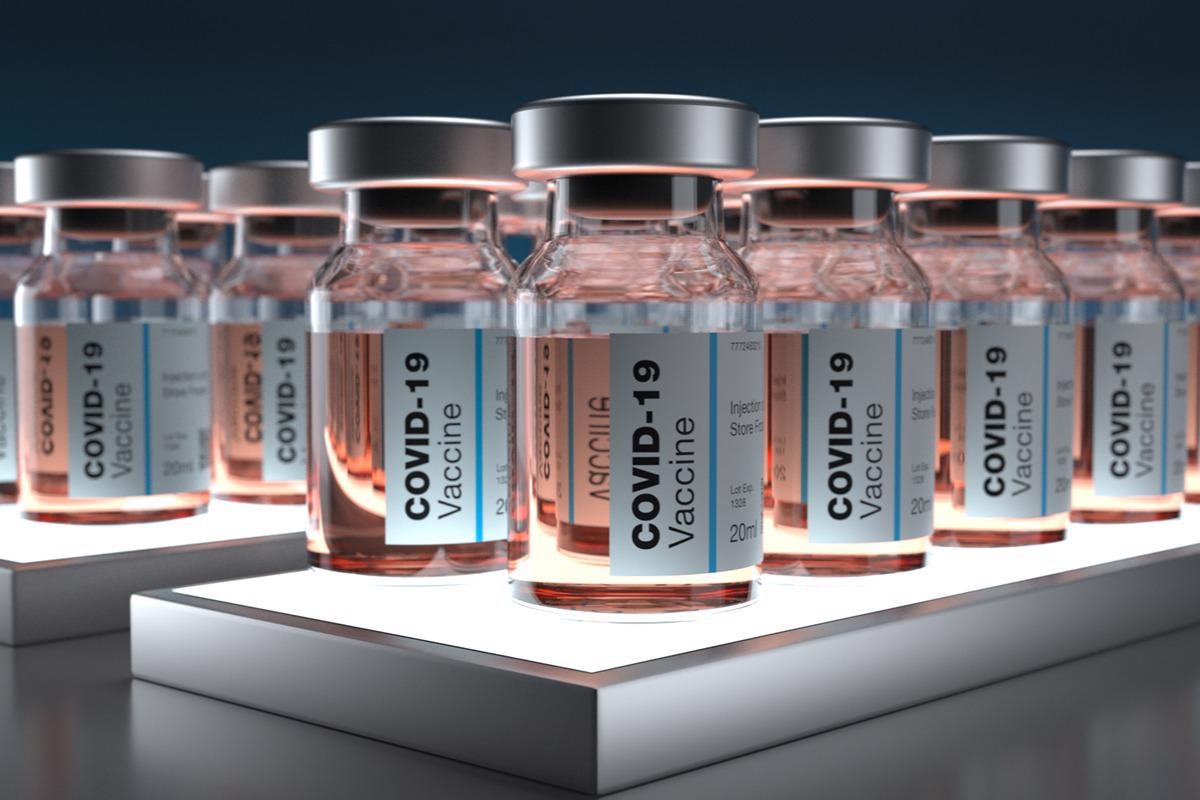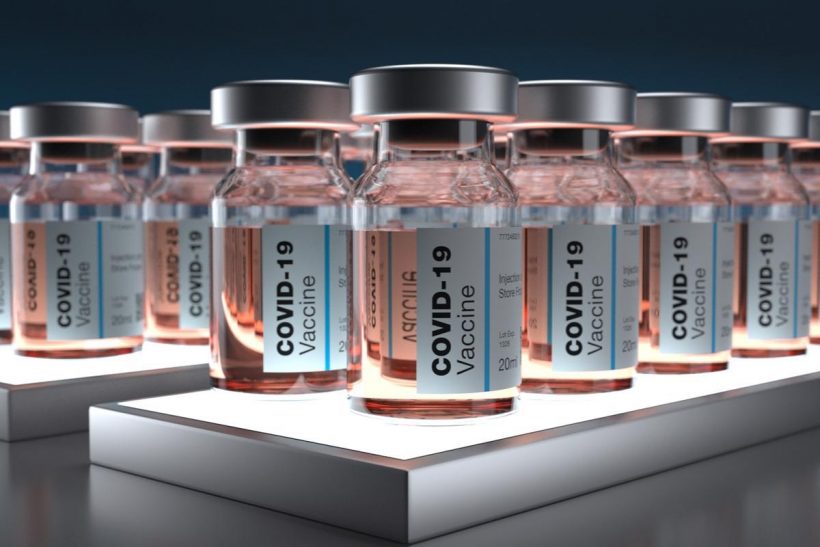In a recent study posted to the medRxiv* preprint server, a team of researchers assessed the effectiveness of coronavirus disease 2019 (COVID-19) vaccines against the manifestations of severe acute respiratory syndrome coronavirus 2 (SARS-CoV-2) symptoms across different cohorts.
 Study: Estimating COVID-19 Vaccination Effectiveness Using Electronic Health Records of an Academic Medical Center in Michigan. Image Credit: Dimitris Barletis/Shutterstock
Study: Estimating COVID-19 Vaccination Effectiveness Using Electronic Health Records of an Academic Medical Center in Michigan. Image Credit: Dimitris Barletis/Shutterstock
The unprecedented morbidity and mortality caused by the COVID-19 pandemic have caused a global health crisis. With over 384 million confirmed cases and 5.7 million SARS-CoV-2-related deaths to date, protection provided by COVID-19 vaccines is becoming increasingly crucial. However, the newly emerging SARS-CoV-2 variants of concern (VOCs) have raised doubts over vaccine effectiveness (VE) against these novel strains. Understanding VE across different at-risk populations and the protection provided by the vaccines is instrumental in devising pandemic-control policies.
About the study
The present study evaluated VE against SARS-CoV-2 infection and assessed if VE was affected by patient characteristics over a period of time across varied demographics.
The study enrolled 170,487 adult patients who were tested for SARS-CoV-2 by six different methods of detection, namely, a commercial polymerase chain reaction (PCR) test; an in-house PCR test; a point of care test with PCR; Quest 37 tests; COVID-19 oropharynx, or nasopharynx PCR tests; and ribonucleic acid (RNA) tests. Among these, 14,059 adults tested SARS-CoV-2-positive while 156,428 samples tested negative for SARS-CoV-2. A total of 74,060 adults were fully vaccinated with either two doses of Moderna or Pfizer BioNTech vaccines or with one dose of Janssen vaccine, at least 21 days before the study began.
Demographic data, including gender, age, race, body mass index (BMI), neighborhood socioeconomic disadvantage index (NDI), and population density, were collected from adults who participated in this study. The Elixhauser comorbidity score was calculated to determine pre-existing comorbidities in COVID-19 patients.
The primary outcomes of the study were susceptibility to COVID-19 infection evaluated by SARS-CoV-2-positive results and severity of symptoms like COVID-19-related hospitalization, intensive care unit (ICU) admission within a month of the latest positive result, or death within two months of testing positive for COVID-19.
Results
The study results showed that 54.2% of the total adults tested for SARS-CoV-2 had been vaccinated with at least one vaccine dose, 43.4% had received at least two vaccine doses. In comparison, only 0.1% of adults were partially vaccinated or were vaccinated with different vaccines. The mean age, number of health care workers, and the Elixhauser score were highest in the fully vaccinated cohort and lowest in the unvaccinated group. Primary care was received by 38.4% of the partially vaccinated group, 44.8% of fully vaccinated adults, and 31.9% of the unvaccinated group.
Among the COVID-positive adults, 12.1% belonged to the unvaccinated group, 6.0% to the partially vaccinated group and 4.7% adults were fully vaccinated. COVID-19 positivity rate reached a plateau at 1.1% among fully vaccinated individuals following low community transmission and surged to 6.7% after approximately eight months, indicating waning VE.
Severe COVID-19-related manifestations like hospitalizations and ICU admissions were observed in 1.4% of the unvaccinated individuals, 0.5% of the partially vaccinated group, and 0.4% of the fully vaccinated cohort. Throughout the year 2021, a severity rate ranging from less than 0.01% to 0.6% was observed in the fully vaccinated group compared to 0.6% to 3.1% in the unvaccinated individuals. Among the fully vaccinated individuals who had received a booster shot, a severity rate of 0.3% was noted.
The VE of a full COVID-19 vaccination against an infection (VE-Susceptibility) ranged from 82.0% to 90.9% in the first half of 2021. However, a reduction in the VE-Susceptibility range to 60.1% to 68.8% was observed in the second half of the year. The VE of a full vaccination against COVID-19 severity (VE-Severity) ranged from 87.4% to 92.2% in the first half of 2021, while an increase from 74.4% to 83.0% was observed in the latter half.
Conclusion
The study findings showed that fully vaccinated individuals were more likely to evade SARS-CoV-2 infection and had a lesser chance of developing severe COVID-19 symptoms than unvaccinated individuals. Also, a waning of VE against infection and disease severity was observed over time across all demographics. However, the administration of booster doses improved VE and lowered infection and disease severity in the boosted group.
Based on the observations, the researchers concluded that COVID-19 vaccines provided sufficient protection against SARS-CoV-2 infection and the severity of the disease. The waning of VE can be improved by administering booster doses across different age groups.
*Important notice
medRxiv publishes preliminary scientific reports that are not peer-reviewed and, therefore, should not be regarded as conclusive, guide clinical practice/health-related behavior, or treated as established information.
-
Roberts, E. et al. (2022) "Estimating COVID-19 Vaccination Effectiveness Using Electronic Health Records of an Academic Medical Center in Michigan". medRxiv. doi: 10.1101/2022.01.29.22269971. https://www.medrxiv.org/content/10.1101/2022.01.29.22269971v1
Posted in: Medical Science News | Medical Research News | Disease/Infection News
Tags: Body Mass Index, Coronavirus, Coronavirus Disease COVID-19, covid-19, Global Health, Health Care, Intensive Care, Mortality, Pandemic, Polymerase, Polymerase Chain Reaction, Primary Care, Respiratory, Ribonucleic Acid, RNA, SARS, SARS-CoV-2, Severe Acute Respiratory, Severe Acute Respiratory Syndrome, Syndrome, Vaccine

Written by
Susha Cheriyedath
Susha has a Bachelor of Science (B.Sc.) degree in Chemistry and Master of Science (M.Sc) degree in Biochemistry from the University of Calicut, India. She always had a keen interest in medical and health science. As part of her masters degree, she specialized in Biochemistry, with an emphasis on Microbiology, Physiology, Biotechnology, and Nutrition. In her spare time, she loves to cook up a storm in the kitchen with her super-messy baking experiments.
Source: Read Full Article






